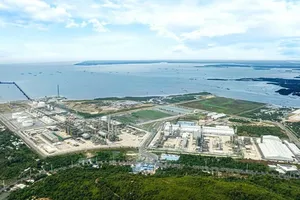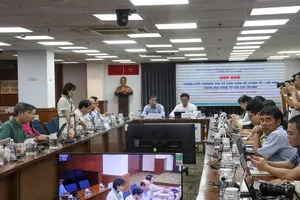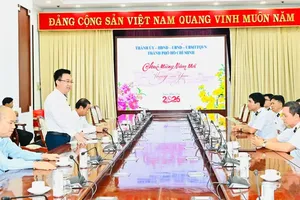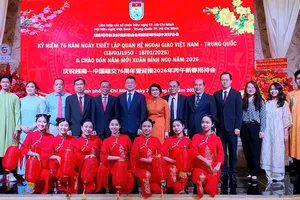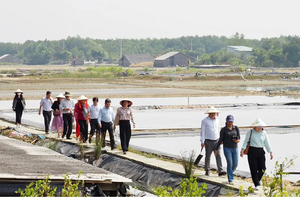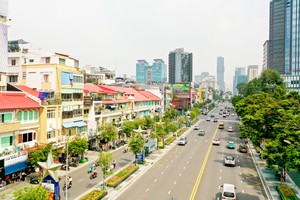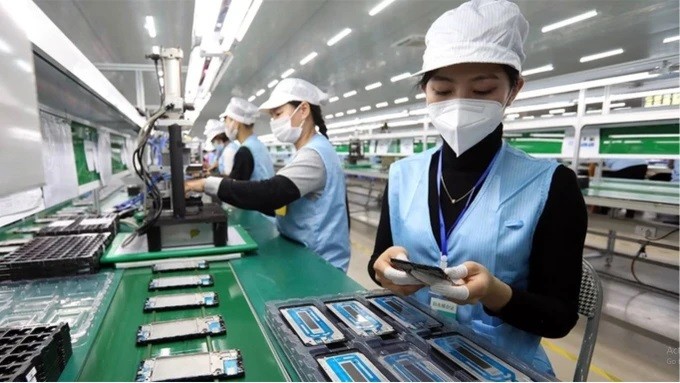
In 2023, remittances to Ho Chi Minh City reached about US$8.92 billion while just more than $3 billion was total foreign direct investment (FDI) in the southern metropolis. This has shown that financial resources from people are very abundant.
To divert remittance flows into production and business, generating high-added value to the economy, the city authorities necessarily create trust amongst foreign and domestic investors.
This year, the leaders of Ho Chi Minh City People's Committee continued to organize meetings with foreign investors to supply information and help remove bottlenecks that the foreign business community is taking heed of.
Consul General of Singapore to Ho Chi Minh City Roy Kho said that the city should inform the consulate of what specific industries and projects the city wants to attract investment, the consulate will take note and tell Singapore businesses that always think of Ho Chi Minh City first when looking for investment opportunities in Vietnam.
Representatives of investors also said it was very difficult for them to find information about planning, land use plans, and infrastructure development plans because many industrial parks and export processing zones only have 10-15 years left before their land use right expires, because of unclear information, businesses are reluctant to decide their investment.
At the round-table conference with Japanese businesses that took place a few days earlier, the Japanese Consul General expressed his special interest in the specific policies in the National Assembly-approved Resolution 98 which aims to help Ho Chi Minh City attract investment. Moreover, he hoped to receive more detailed and complete information from Ho Chi Minh City so that Japanese entrepreneurs could understand the city’s situation.
Singapore and Japan are the two countries with the first and third highest total investment capital in Ho Chi Minh City. Singapore is the highest with 25 percent and Japan ranks third with 10 percent of the total capital.
Implementing the Law on Access to Information which is effective from July 1, 2018, agencies have published a lot of information including strategies, programs, projects, schemes, plans, and national and local socio-economic development planning according to regulations.
But businesses have all voiced their complaints that agencies have not well carried out policies and published information openly -an important resource. Agencies should ensure access to information because information will help businesses reduce business costs and investment risks; thereby attracting more investment and creating jobs.
In addition, domestic enterprises want to be treated fairly. According to data previously announced by the Ministry of Finance, the FDI sector has a 48 percent corporate income tax exemption compared to the total tax calculated at the common tax rate whereas non-state-owned enterprises just enjoy only 14 percent.





